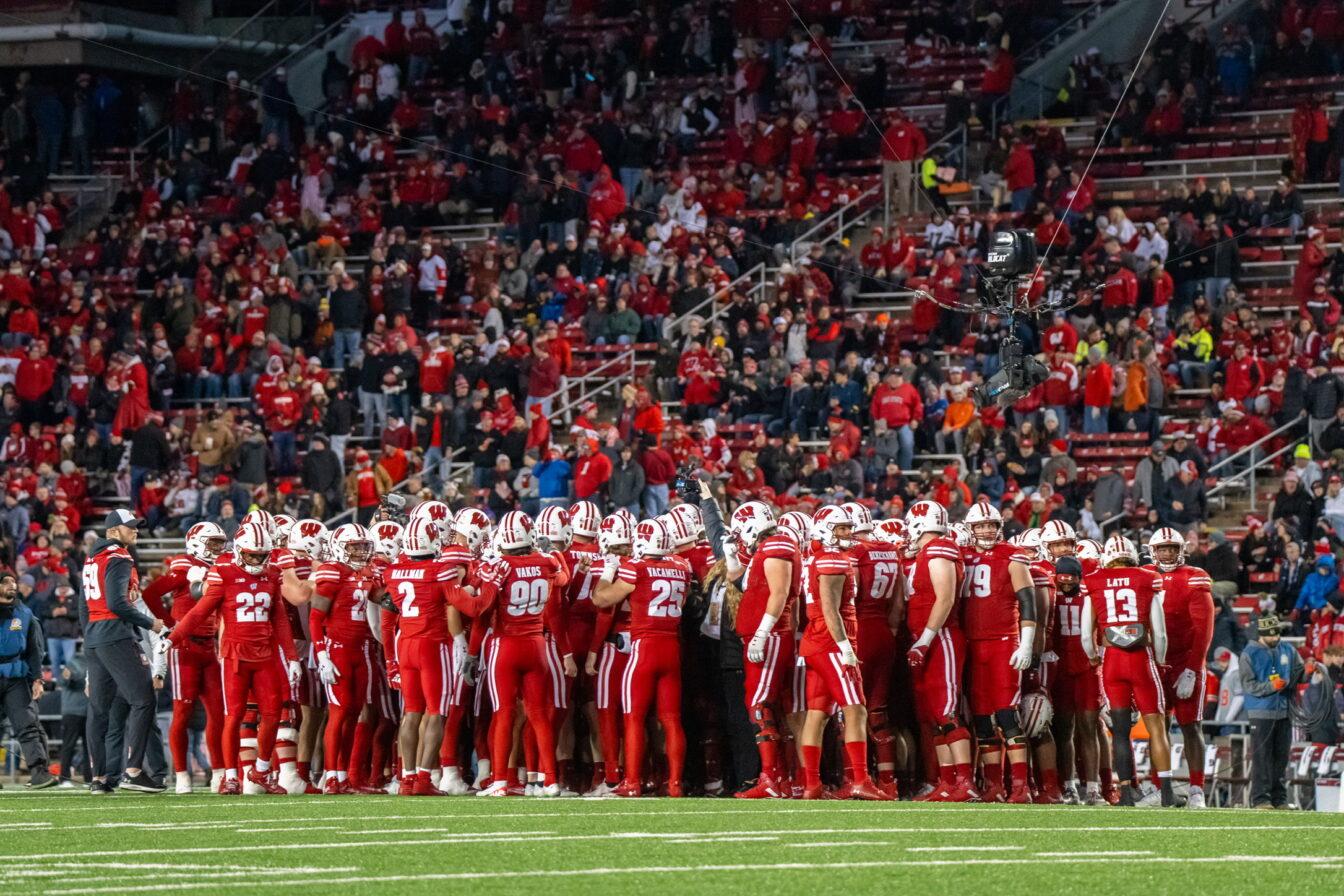Well, it’s that time of year. Sports nerds everywhere flock to their televisions for two consecutive days, suits and baseball hats become acceptable, and Mel Kiper, Jr. emerges from his rock and briefly becomes the coolest man in America. That’s right, the NFL draft is almost here.
There may not be a greater day on the sports calendar. It’s funny how exciting listening to names being read off can be. Just as enjoyable, however, is listening to the absurd clichés that Kiper, Mortensen and company spout out throughout the course of the marathon telecast. Every draft connoisseur knows these clichés like the back of his hand.
“Upside”: Probably the most abused phrase in the Kiper language. Between the NFL and NBA drafts, “upside” is probably utilized more than the word “the.” The term is generally used to refer to a player who is not all that good right now, but could be a star someday. Mostly, however, it just annoys television audiences everywhere.
“Green” or “raw”: Similar to “upside,” players tabbed as “raw” have yet to reach their potential, but for different reasons. A clever gardening reference, “green” players are new to the game and seen as long-term projects.
“Good motor”: A personal favorite. For the most part, only defensive linemen possess enough automobile-like tendencies to have a motor. Someone whose motor is of high quality is not the most talented player on the draft board, but somehow compensates by trying real hard. This is where the mathematically impossible cliché of “giving 110 percent” comes in.
In all actuality, players with “good motors” are really just good at getting their asses kicked. Take Rudy, for example. Rudy was not good at football, but he had a “good motor,” which served him well in the daily thrashings he received in practice.
“Faster in pads”: This refers to a player who does not run the best 40-yard dash times, but is a good player nonetheless. Somehow, he seems faster in game action than he does in individual workouts. The concept does hold true; certain players cannot be judged by their workout numbers, but good luck producing a player who actually runs a faster 40 time weighed down by a helmet and pads than in tennis shoes, shorts and a T-shirt.
“Deceptive speed”: Simply put, those who are deceptively fast do not look like they should be able to run, but are fast. This cliché is generally used in conjunction with a skill position player, with wide receivers anointed most of the time. Usually a color commentator or analyst simply has not done his homework. Bill Schroeder had “deceptive speed,” according to certain analysts. So did Don Beebe. In other words, there is a high probability of Caucasian-ness in this category, the select few who survived the genetic curse.
“Runs good routes”: Slow. Very slow.
“Down-hill runner”: A running back who is tough to tackle as he picks up speed, apparently similar to a boulder rolling down a hill. However, Badger Herald research has yet to produce an NFL stadium situated at an incline that can truly showcase such ability.
“North-south runner”: This ridiculous term is used to describe backs who are not all that shifty and do not have the moves to run laterally, at least successfully. “North-south” runners are at their best when they can hit the hole and build a head of steam, much like a “down-hill runner.” However, this brings about an interesting question: What if the stadium is situated west to east?
“Good in the locker room”: A blatant attempt to say something nice about a sub-par player. This category is generally filled with swell guys who do not have much in the way of talent. In other words, someone who is “good in the locker room” is probably not very good on the football field. If these guys stick around the league long enough, they pick up “veteran savvy” and become useless old men at the end of benches.
“Space eater”: This is an amusing one, a sad attempt to make a politically correct term for “professional fat man.” Someone who eats a lot of space also eats a whole lot of food, and his biggest football skill is the ability to stand in one place while several other 300-pounders try to move him a few feet one way or the other.
“NFL body”: These players usually look like a million bucks (to use another cliché), but perform like a nickel. They may be the owners of a 6-foot-5, 265-pound physique, but they have absolutely no ability in their Adonis-esque frames.
“Plays well in space”: This one has really climbed the popularity charts in recent years. Unlike a “space eater,” “playing well in space” has nothing to do with being fat. In fact, it is probably the antithesis. Someone with this unique talent is fast and quick, thus good at making that one-on-one tackle or shaking a defender.
The ability to “play well in space” is particularly desirable for linebackers and running backs. “Space” has replaced “open field” in the football vocabulary. “Open field” is apparently no longer cool to middle-aged men who devote their entire lives to watching game film. This cliché may not be as dumb as, say, “good motor,” but it is still pretty darn annoying.
“Late riser”: There are several variations of this cliché, including “stock on the rise.” It supposedly means a player’s draft stock made a huge jump in the days prior to the draft. However, when an NFL general manager or coach utters this phrase, what they are really doing is admitting they reached big time on whatever future washout they just wasted a first-round pick on.
So here is to clichés, because without them, Mel Kiper would just be a nerd with greasy hair.













